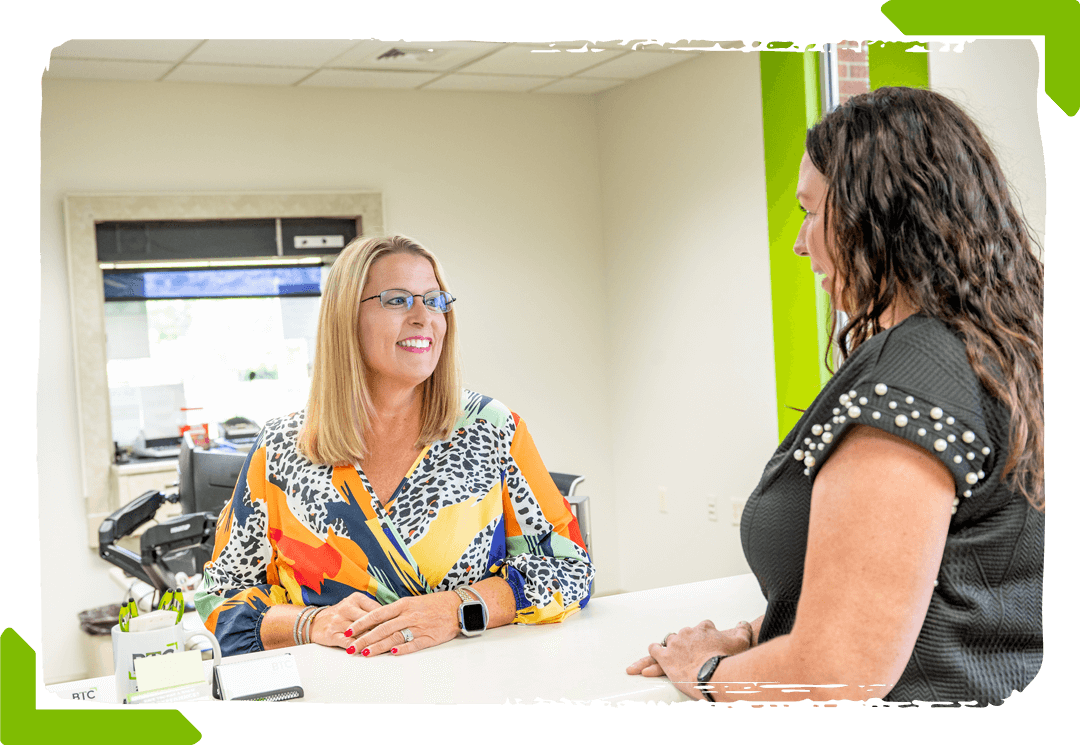Locally Driven, Globally Connected
At BTC, we put customer service first. Why? Because we’re members of the community too. Our mission is to keep us all connected to one another, and to the world.
Our deep roots in the community mean that we’re more than just a company; we’re your neighbors, your friends, and your fellow community members. We know firsthand the importance of dependable internet, phone, and television services, especially in rural areas where options can be limited. That’s why we’ve made it our mission to bring cutting-edge technology and personalized service to every home and business in our region.

Community Involvement
We invest in our community in more ways than just connectivity. We believe in giving back to the place we call home by investing in the growth, well-being, and success of Ballard and western McCracken counties. Our dedication to community involvement is at the heart of everything we do because we understand that a strong, connected community benefits everyone.
- Career day
- Tech club
- Bingo
- Customer Appreciation Day
- Scholarships
- WiFi at ball fields
- Annual meeting
- Back to school bash
- Open House